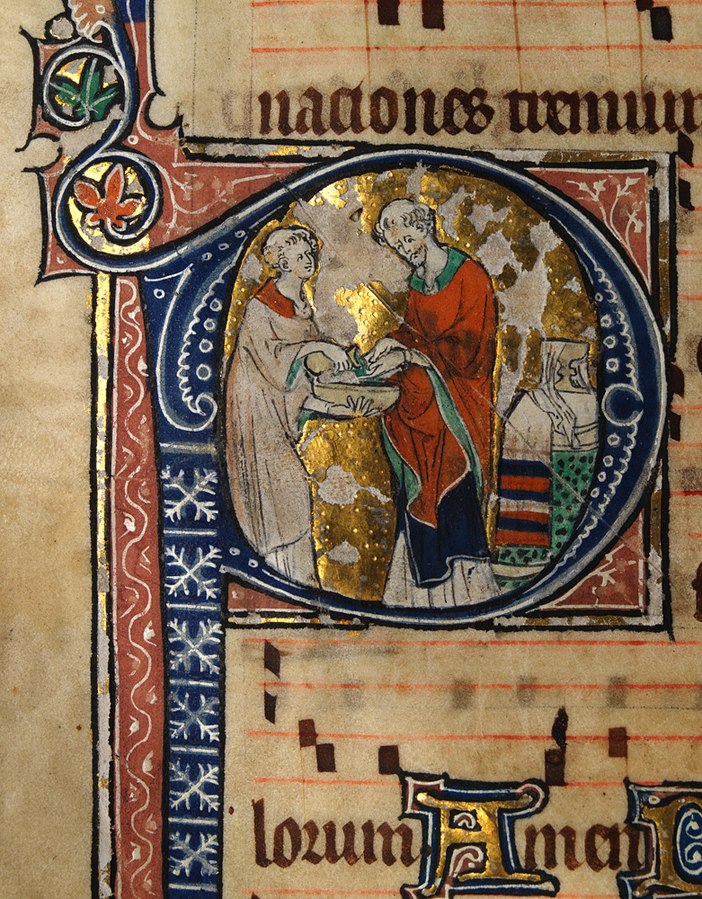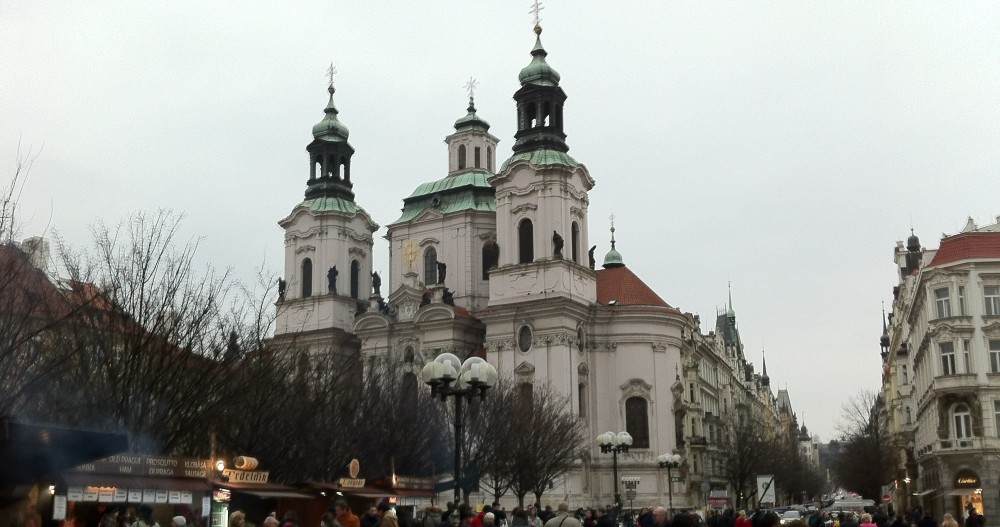
Pure and undefiled religion before God and the Father is this: to visit orphans and widows in their trouble and to keep oneself unspotted from the world. (James 1:27)
Widows were not just women whose husbands had died. A true widow was a woman whose husband had died and who had no other family—no brothers or sisters, no sons or daughters, no cousins or extended family—to whom she might turn for support. A real widow was a woman might reasonably have been expected to have someone who would be obligated to care for her but who, in fact, had no one in the world. She was totally alone. Bereft of resources. An elderly—or at least older—woman who had nothing. Among the non-Christians, these women were discarded and ignored by society.
Orphans were likewise those destitute children who had no one who could be expected by society to be obligated to care for them. Although an orphan’s mother might be deceased, the primary definition of “orphan” was a child—or children—whose father was deceased and who had no uncles or aunts or grandparents or cousins who would typically be expected to take in the fatherless. Anyone who showed any interest in such a child was probably mostly interested in taking in someone who could serve as free labor in the household.
Such destitute people—true orphans, true widows—were in dire circumstances because there was absolutely no expectation or encouragement of charity in Greek or Roman society.
Widows and orphans were referred to as “the altar of God” because they were supported by the offerings of the people and because the widows made intercession for the Church and the larger society. In these first few generations and early centuries of the Church, it was unthinkable that someone could attend the Eucharist and NOT make some small offering if they expected to receive Holy Communion. Receiving Communion went hand-in-hand with making an offering; one was impossible without the other. So what could the baptized orphans do? We know that in some places, the orphans—homeless children completely dependent on the parish for their survival—were responsible for bringing the clean water to be mixed with the wine in the chalice.
This clean water would not only be used to mix with the wine in the chalice. It would be used to wash the hands of the celebrating priest or bishop at the altar (at the conclusion of the offertory) as well as any assisting deacons or concelebrating priests (before receiving Holy Communion themselves). No one thought the priests came to church with dirty hands; the handwashing was an outward portrayal of an inner disposition of spiritual cleanliness and purity.
(For centuries, before all the changes of the 1960s-1970s, the priest would quietly recite verses from Psalm 26 during the handwashing: “I will wash my hands in innocence, O Lord, that I may go in procession ‘round your altar, singing aloud a song of thanksgiving and recounting all your wonderful deeds,” clearly a reference to the upcoming Eucharistic Prayer.)
Such iconographic handwashing was not limited to the clergy. All Christians would wash their hands—some would splash their faces as well—with water before they prayed at home or entered a church building. The house churches of the first generations of Christians had a fountain in the courtyard which would be used by people coming to church there; many Christians still perform a stylized version of this washing when they enter a church by crossing themselves with blessed water, the small basins beside the church doors tiny versions of the fountains that used to be in the courtyards of the Roman villas used as churches.
No one thought—or thinks—that people are coming to church with dirty hands. The washing always was—and still is—an iconographic act, an outward portrayal of that inward disposition of being clean from spiritual defilement, being free of worthless—fake—religion.
When we come to the Eucharist, we have to bring something to offer—whether it is as elaborate as our fulltime professional prayers or as simple as a flagon of clean water. As one aspect of our offering, we need to be caring for the destitute in their distress—doing something, enacting true religion that is pure and undefiled.

Very interesting information.
Janis–glad you enjoyed reading!